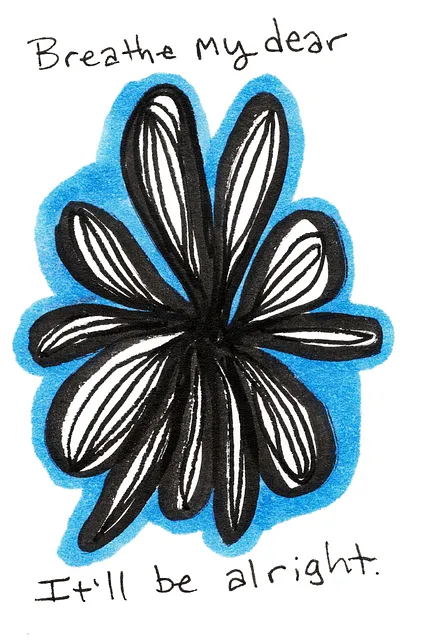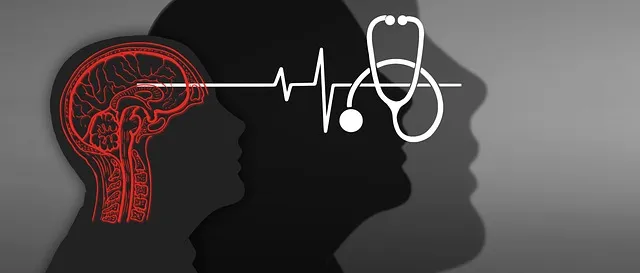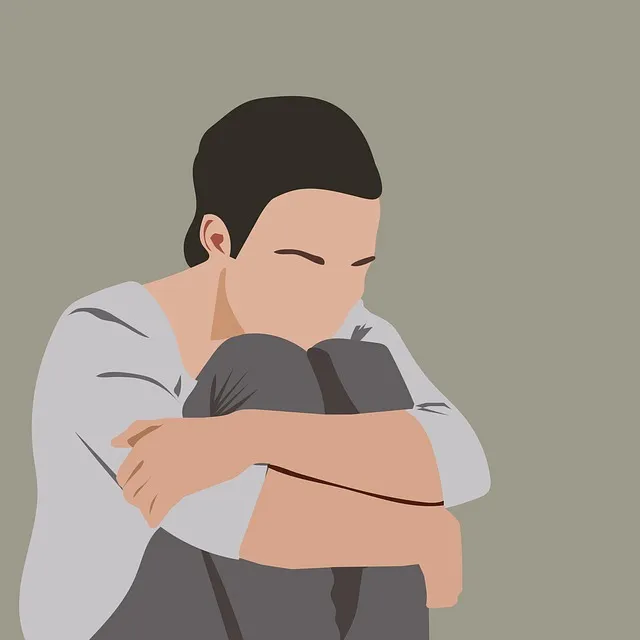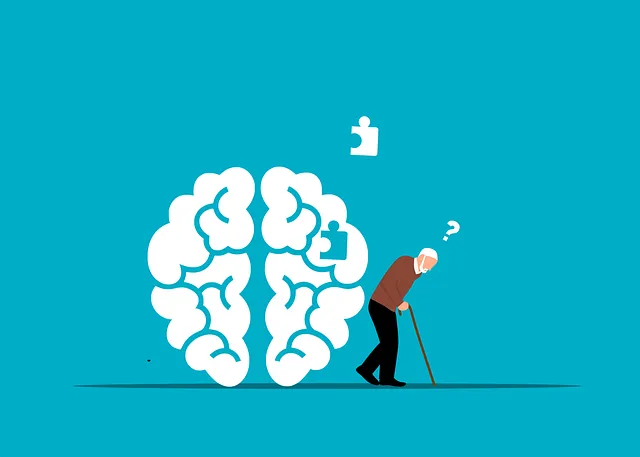Group facilitation for mental wellness in Boulder, led by renowned therapists from Kaiser, offers a supportive environment for personal growth. This community-driven approach encourages self-awareness, emotional tracking, and conflict resolution through journaling and active listening. The result is enhanced resilience, improved relationships, and effective coping strategies. Structured groups provide robust support networks, complementing traditional therapy and fostering inclusive communities. Boulder's Kaiser therapists facilitate engaging sessions, track improvements in anxiety/depression symptoms, and ensure long-term benefits for diverse populations seeking mental health services.
In today’s digital age, mental wellness group facilitation offers a powerful tool for healing and connection. This comprehensive guide explores effective techniques used by therapists in supportive environments, focusing on creating safe and inclusive spaces where individuals can thrive. From fostering active participation to measuring the impact of group sessions, learn how Boulder’s Kaiser network supports vibrant communities of support. Discover why their therapists are renowned for exceptional care.
- Understanding Group Facilitation for Mental Wellness
- The Role of a Therapist in a Supportive Environment
- Techniques to Foster Safe and Inclusive Spaces
- Strategies for Encouraging Active Participation
- Measuring Success: Evaluating the Impact of Group Sessions
Understanding Group Facilitation for Mental Wellness

Understanding group facilitation for mental wellness is a powerful approach to enhancing coping skills and fostering support networks. In a safe and structured environment, facilitators guide individuals through various exercises aimed at promoting self-awareness and personal growth. This technique, often employed in communities like Boulder, where Kaiser has well-regarded therapists, allows members to share experiences, learn from one another, and develop effective coping strategies.
Group facilitation goes beyond individual therapy by creating a sense of community. It encourages participants to engage in mental wellness journaling exercises for guidance, providing written records of their emotions and progress. Additionally, conflict resolution techniques are integrated to navigate interpersonal challenges healthily. These activities not only facilitate personal development but also build resilience and strengthen relationships among group members.
The Role of a Therapist in a Supportive Environment

In a supportive environment designed to promote mental wellness, the role of a therapist is multifaceted. They serve as guides, facilitators, and allies for individuals seeking to improve their mental health. Through active listening, empathetic engagement, and evidence-based practices, therapists create a safe space where participants can openly share their experiences, challenges, and victories. This supportive atmosphere encourages vulnerability, fostering deeper connections and facilitating meaningful conversations that are crucial for personal growth and healing.
When considering the well-being of healthcare providers themselves, especially in Boulder where Kaiser is known for its high-quality therapists, implementing effective burnout prevention strategies becomes essential. Therapists play a vital role not only in treating clients but also in promoting their own mental wellness. By adopting risk management planning techniques and integrating practical burnout prevention strategies into their professional routines, therapists can sustain their well-being while continuing to offer exceptional support to their clients. This holistic approach ensures that both the therapist and the client benefit from the therapeutic process, contributing to a more vibrant Mental Wellness Podcast Series Production.
Techniques to Foster Safe and Inclusive Spaces

Creating a safe and inclusive environment is fundamental when facilitating mental wellness groups. It’s essential to establish ground rules that encourage respect, confidentiality, and active listening among members. This fosters an atmosphere where individuals feel comfortable sharing their experiences and perspectives without fear of judgment or repercussions. Incorporating techniques like active facilitation, where the group leader actively engages participants, ensures everyone has a chance to contribute and be heard.
Additionally, incorporating elements of self-care routine development for better mental health can enhance these spaces. Encouraging members to practice stress reduction methods, such as mindfulness exercises or journaling, allows them to cultivate coping strategies within the supportive community. Boulder does Kaiser have good therapists? While this question may arise, effectively structured group sessions can often provide a robust support network, complementing traditional therapy and promoting overall well-being. Community outreach program implementation is another strategy to create inclusivity by extending support to diverse populations and ensuring accessibility for those who may face barriers to mental health services.
Strategies for Encouraging Active Participation

Encouraging active participation within a mental wellness group setting is essential for fostering an engaging and therapeutic environment. As a facilitator, employing diverse strategies can ensure members are not only listening but actively contributing to each other’s healing journeys. One effective technique is creating a safe and non-judgmental space where individuals feel comfortable sharing their experiences and perspectives. This can be achieved through setting clear ground rules, emphasizing confidentiality, and encouraging empathy among group members.
Incorporating interactive activities, such as icebreakers or small group discussions, can also stimulate participation. These activities not only help to build camaraderie but also provide an outlet for individuals to express themselves in a controlled setting. For instance, organizing stress management workshops within the group sessions allows members to learn practical emotional well-being promotion techniques and share their insights, making the experience more dynamic and beneficial for all participants, especially those seeking answers to questions like “Does Boulder do Kaiser have good therapists?”
Measuring Success: Evaluating the Impact of Group Sessions

Measuring success in mental wellness group facilitation goes beyond simply filling a room with participants. It’s about evaluating the tangible impact on individuals’ lives and well-being. Facilitators can assess this through various means, such as pre-and post-session surveys to track improvements in symptoms of anxiety or depression, as well as qualitative feedback from members sharing their experiences. Observing active participation, increased engagement, and open discussions about emotional topics are also strong indicators of a successful session.
In the context of Boulder’s Kaiser Community Outreach Program, evaluating success might involve tracking the number of individuals who continue attending groups after initial assessments show improved stress management skills and enhanced emotional intelligence. Good therapists play a pivotal role in these evaluations, ensuring that sessions remain safe spaces where members feel supported to explore and share their experiences while reaping the benefits of collective healing.
Group facilitation techniques for mental wellness are invaluable tools, especially in a supportive environment, as demonstrated by Kaiser’s high-quality therapist services in Boulder. By understanding these roles and employing strategies like creating safe spaces, encouraging active participation, and measuring success through evaluation, facilitators can greatly enhance the impact of group sessions. These methods not only foster a sense of community but also promote meaningful connections and positive mental health outcomes.






